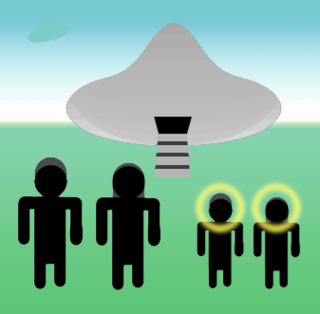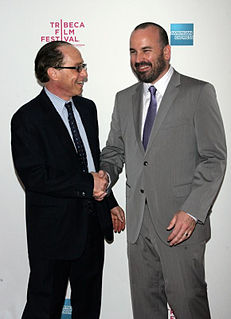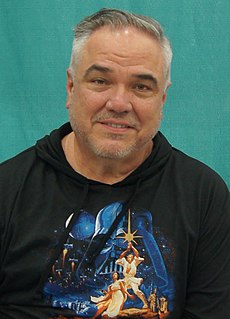A Quote by Claude Vorilhon
Obviously, our children, who have been playing with their computers since the age of five or six, don't have quite the same brain as those who were brought up on wooden or metal toys, whose brains are certainly atrophied by comparison.
Related Quotes
Up to the age of five, children should be given a lot of love. From the age of five to fifteen they should be brought up under strict discipline especially regarding their study. It is at that time that life's foundation is formed. Love without discipline will only spoil them. Above the age of fifteen children should be given maximum love otherwise they may go astray.
In our age of individualism, we see computers as ways through which we can express our individuality. But the truth is that the computers are really good at spotting the very opposite. The computers can see how similar we are, and they then have the ability to agglomerate us together into groups that have the same behaviours.
As computer intelligence gets better, what will be possible when we interface our brains with computers? It might sound scary, but early evidence suggests otherwise: interfacing brains with machines can be helpful in treating traumatic brain injury, repairing spinal cord damage, and countless other applications.



































